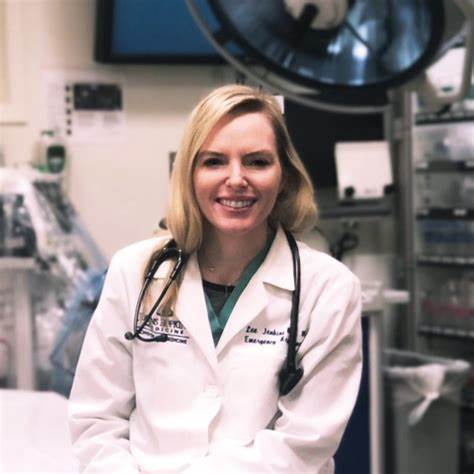
J. Lee Jenkins, MD, MS Deputy Director, Johns Hopkins Office of Critical Event Preparedness and Response (CEPAR)
J. Lee Jenkins, MD, MS, is an Associate Professor of Emergency Medicine at the Johns Hopkins University School of Medicine and a practicing emergency physician. She is the Deputy Director of CEPAR, Director of the Disaster Fellowship, and the founder and course director for the School of Medicine’s course in Disaster Medicine and Emergency Public Health.
She is the former Chair of the Department of Emergency Health Services at the University of Maryland Baltimore County where her team developed the first Ph.D. specializing in Emergency Health Public Policy. While at UMBC, her team developed the “Multi-pathogen Approach” for the evaluation of prehospital patients with infectious diseases, she and led a Centers for Disease Control and Prevention funded training program for Emergency Medical Service Clinicians in collaboration with the Johns Hopkins Hospital BioContainment Unit.
She is Fellowship trained in Disaster Medicine, served as the Assistant Chief of Service and Disaster Control Physician for Johns Hopkins Hospital, and served on a Disaster Medical Assistance Team for 10 years. Her on the ground, field experience includes the Montserrat Volcano, California Wildfires, and Hurricane Katrina. During Hurricane Katrina, her research was one of the first to document medical needs in sheltered persons. She has 25+ years of experience in disaster education, as she was part of the team that developed the first online training program for National Disaster Medical System in the 1990s. She served as Chief Financial Officer and Member of the Board for the World Association for Disaster and Emergency Medicine for five years.
Most recently her team developed the workplan for the CDC Region 3 Public Health and Emergency Disaster Response Center. She has also been funded for the past three years by the Agency for Healthcare Quality for research in emergency responder health in the areas of mental health, wellness, infectious disease, and personal protective equipment.

